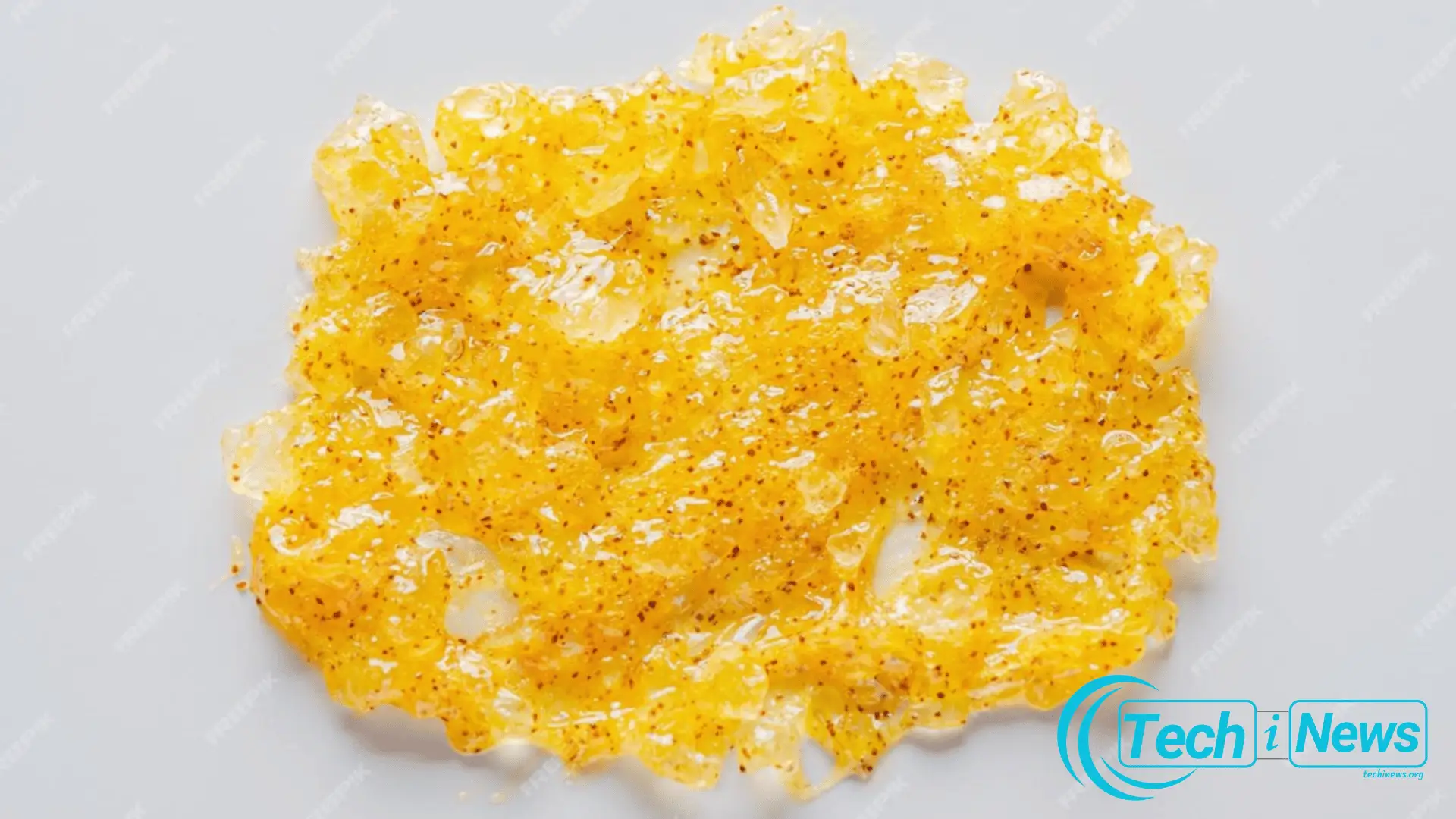Understanding Glycerol Ester of Rosin the ingredients behind everyday products is key for both manufacturers and consumers. One such ingredient, glycerol ester of rosin (GEWR), plays a key role in the food, beverage, and industrial sectors. Known for its versatility as a stabilizer and emulsifier, it is a valued ingredient, especially for food manufacturers, beverage industry professionals, and gum base producers.
This article will explore everything you need to know about glycerol ester of rosin—from its chemical properties to its applications in food, cosmetics, and other industries. We’ll also discuss its regulatory status, safety considerations, and environmental implications to help you better understand its value and impact.

What Is Glycerol Ester of Rosin?
Before we jump into its applications, let’s first break down what glycerol ester of rosin is.
Chemical Composition and Properties
Glycerol ester of rosin is the product of esterifying rosin—an organic resin collected from pine trees—with glycerol. The resulting compound is a yellowish, translucent solid that is highly tacky and soluble in oils. This adhesive and stabilizing quality makes it a sought-after ingredient in different industries.
Its standout properties include:
- Excellent emulsifying capabilities
- High compatibility with oils and organic solvents
- Resistance to oxidation, making it stable over time
How Is It Produced?
The production of glycerol ester of rosin is relatively straightforward. First, raw rosin (usually derived from pine tree resin) is purified to remove impurities. Next, it’s combined with glycerol under controlled heating conditions to produce an esterified compound. The entire process is carefully monitored to meet industry standards for purity and safety.
Common Uses of Glycerol Ester of Rosin
Glycerol ester of rosin has found its way into a variety of applications thanks to its unique functional properties. Here are some of the most common uses across industries:
Food Industry
- Beverage Stabilizer
GEWR is widely used in citrus-based beverages to help essential oils mix evenly with water, preventing separation. Without an emulsifier like GEWR, drinks could easily separate, diminishing both quality and consumer experience.
- Chewing Gum Base
For gum base producers, the sticky yet elastic nature of GEWR makes it a key ingredient in creating the perfect chew. It also stabilizes the gum formula, ensuring durability and texture.
- Food and Beverage Emulsions
GEWR enhances the stability of emulsions in food products like flavored syrups and sauces. Its ability to keep oil and water well-mixed extends the shelf life of these products, which is crucial for mass production.
Cosmetic Industry
The cosmetic industry often incorporates glycerol ester of rosin into personal care products such as lip balms, mascaras, and hair sprays. Its sticky and film-forming properties improve the performance and longevity of these items, ensuring better application and adherence.
Pharmaceutical Industry
The pharmaceutical field uses GEWR in medicinal coatings and formulations. These include time-release capsules, where a stable, smooth coating helps regulate the drug’s release into the body.
Industrial Applications
- Adhesives
GEWR is a common ingredient in hot-melt adhesives, pressure-sensitive tapes, and even bookbinding due to its tackiness and thermal stability.
- Paints and Coatings
Paint manufacturers value GEWR for its ability to improve adhesion and smooth application. It enhances the durability of paints on surfaces while preventing cracking or chipping.
- Rubbers and Lubricants
Its stabilizing nature proves useful in rubber processing and lubricant formulations, demonstrating its versatility outside food and cosmetics.
Health and Safety Aspects of Glycerol Ester of Rosin
Understanding the safety profile of any additive is critical, especially for food manufacturers and consumers.
Regulatory Status
Glycerol ester of rosin is generally recognized as safe (GRAS) by the FDA for use as an emulsifier in food and beverages. Globally, its use is also approved under specific conditions in countries like Canada, Australia, and within the European Union. However, strict maximum usage levels are in place to ensure consumer safety.
Potential Health Concerns
While GEWR is deemed safe, excessive consumption of any additive could have potential risks. For manufacturers, utilizing it within prescribed limits ensures a high safety profile for consumer products. Current safety evaluations confirm it as non-toxic and non-carcinogenic when used correctly.
Glycerol Ester of Rosin vs. Other Food Additives
How does GEWR stack up against other emulsifiers and stabilizers? Here’s a quick comparison:
|
Aspect |
GEWR |
Other Additives |
|---|---|---|
|
Oil-Water Binding |
Strong emulsifying properties |
Varies depending on additive |
|
Stability |
High resistance to oxidation |
Moderate to high |
|
Cost-Effectiveness |
Affordable at scale |
Sometimes less economical |
|
Common Uses |
Beverages, chewing gum |
Similar or limited applications |
Advantages of GEWR:
- Excellent stability in various formulations
- Multi-industry applications
- Recognized as safe with fewer known risks
Disadvantages:
- May not always work for highly specific formulations
- Environmental footprint in industrial production (although improving)
Environmental Impact and Sustainability
Producing GEWR involves renewable resources like pine resin, which is a naturally derived material. Its biodegradable properties make it relatively eco-friendly compared to synthetic stabilizers. Additionally, sustainable production practices (such as sourcing from sustainably managed forests) are gaining traction to further reduce its environmental impact.
Biodegradability
One of glycerol ester of rosin’s major advantages is its biodegradability. Unlike petroleum-based additives, GEWR breaks down naturally, posing minimal harm to the environment when disposed of properly.
Sustainable Production
Innovations in extraction and esterification techniques are increasingly reducing waste, improving yield, and promoting sustainability. More manufacturers are committing to greener practices as global regulations push for lower carbon footprints.
Future Trends and Opportunities for Glycerol Ester of Rosin
With the rise of clean-label products and ingredient transparency, the demand for natural additives like glycerol ester of rosin is poised to grow. Future research could unlock new applications, such as expanding its use in plant-based food products, vegan formulations, and eco-friendly packaging.
For companies in the food, beverage, or industrial sectors, staying informed about advancements in GEWR and its alternatives can present opportunities for innovation, cost savings, and improved product satisfaction.
Final Thoughts
Glycerol ester of rosin is more than just an emulsifier—it’s a powerhouse ingredient that drives efficiency, stability, and innovation across industries. Whether you’re a manufacturer looking to optimize product quality or a producer seeking sustainable ingredients, GEWR provides a versatile, reliable option.
Have questions about how GEWR could support your business needs? Share your thoughts in the comments or get in touch!


